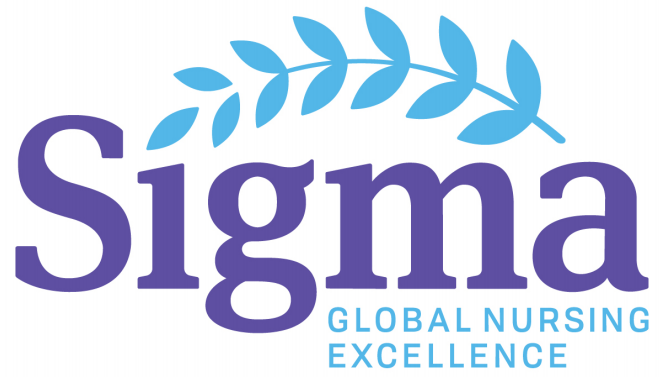Presenter Classification
Graduate Student
Presentation Type
Poster Presentation
Publication Date
4-14-2022
Start Date
14-4-2022 3:40 PM
End Date
14-4-2022 4:15 PM
Keywords
LGBTQ, marginalized population, standard of care, discrimination, health disparities, SOGI data
Abstract Type
Quality Improvement/Process Improvement Project
Abstract
Purpose
LGBTQ patients experience marginalization and discrimination when seeking healthcare in the Southern Region of the United States. As a result, they experience negative healthcare outcomes. Collecting sexual orientation/gender identity (SOGI data) is vital in decreasing health disparities and improving hospitalized LGBTQ patients’ quality of care. Providers cannot adequately assess health risk factors or deliver culturally competent care without SOGI data knowledge.
Aims
The aim is to collect SOGI data during intake to implement a standard of care to promote LGBTQ health outcomes and decrease marginalization.
Processes
To understand how to provide high-quality care to LGBTQ patients, providers receive instruction on the importance of collecting SOGI data and cultural competency training using the Gay and Lesbian Medical Association (GLMA) guideline. After IRB determined the project as not research involving human subjects, SOGI data questions (your current gender identity is and describe your sexual orientation) were added to the EHR demographic health history section. Provider adoption of collecting SOGI data is measured by extracting data from the EHR.
Results
Results will determine the providers’ responsiveness to implementing SOGI data questions into the EHR.
Limitations
Provider having a choice of collecting SOGI data, the small sample size of providers, and the project’s location are limitations.
Conclusions
LGBTQ individuals have more health inequities and face marginalization when accessing healthcare. SOGI data collection is essential for assessing health risk factors, improving health outcomes, and creating a safe and inclusive healthcare environment for LGBTQ patients.
Included in
Family Practice Nursing Commons, Geriatric Nursing Commons, Nursing Administration Commons, Other Nursing Commons, Psychiatric and Mental Health Nursing Commons, Public Health and Community Nursing Commons
Implementing Systematic Sexual Orientation and Gender Identity (SOGI Data) Collection at an Inpatient Hospital Located in the Southern Region of the United States
Purpose
LGBTQ patients experience marginalization and discrimination when seeking healthcare in the Southern Region of the United States. As a result, they experience negative healthcare outcomes. Collecting sexual orientation/gender identity (SOGI data) is vital in decreasing health disparities and improving hospitalized LGBTQ patients’ quality of care. Providers cannot adequately assess health risk factors or deliver culturally competent care without SOGI data knowledge.
Aims
The aim is to collect SOGI data during intake to implement a standard of care to promote LGBTQ health outcomes and decrease marginalization.
Processes
To understand how to provide high-quality care to LGBTQ patients, providers receive instruction on the importance of collecting SOGI data and cultural competency training using the Gay and Lesbian Medical Association (GLMA) guideline. After IRB determined the project as not research involving human subjects, SOGI data questions (your current gender identity is and describe your sexual orientation) were added to the EHR demographic health history section. Provider adoption of collecting SOGI data is measured by extracting data from the EHR.
Results
Results will determine the providers’ responsiveness to implementing SOGI data questions into the EHR.
Limitations
Provider having a choice of collecting SOGI data, the small sample size of providers, and the project’s location are limitations.
Conclusions
LGBTQ individuals have more health inequities and face marginalization when accessing healthcare. SOGI data collection is essential for assessing health risk factors, improving health outcomes, and creating a safe and inclusive healthcare environment for LGBTQ patients.



